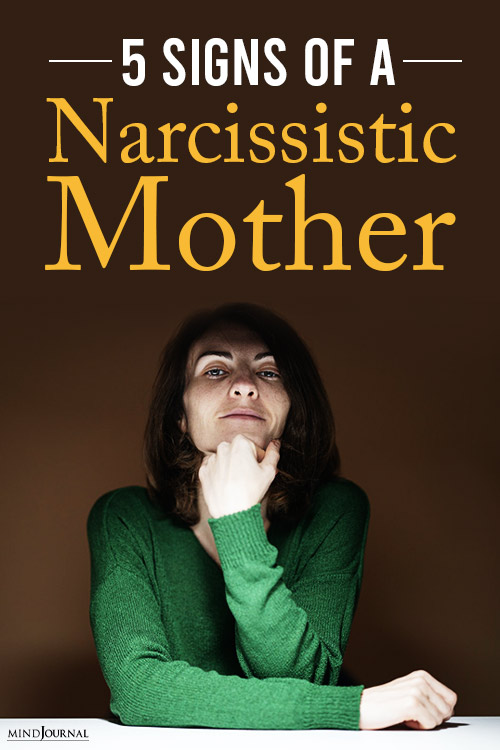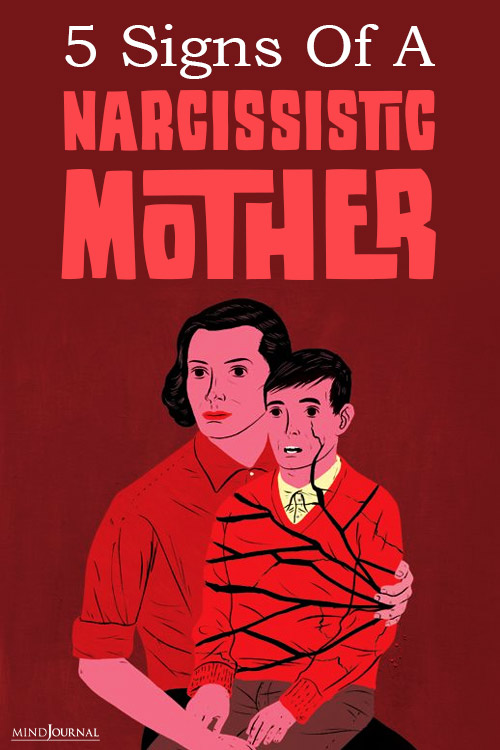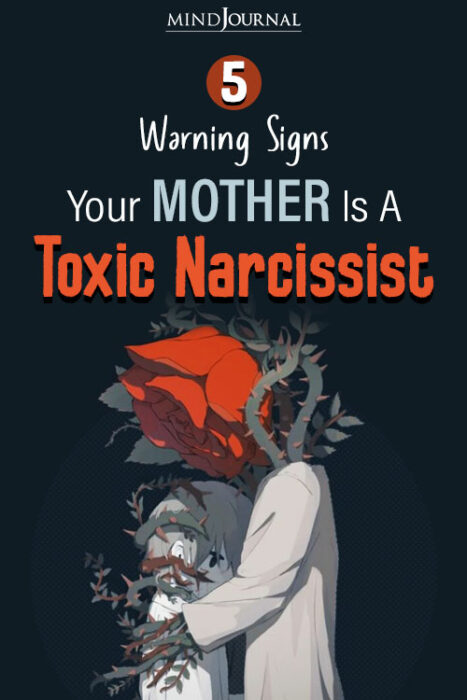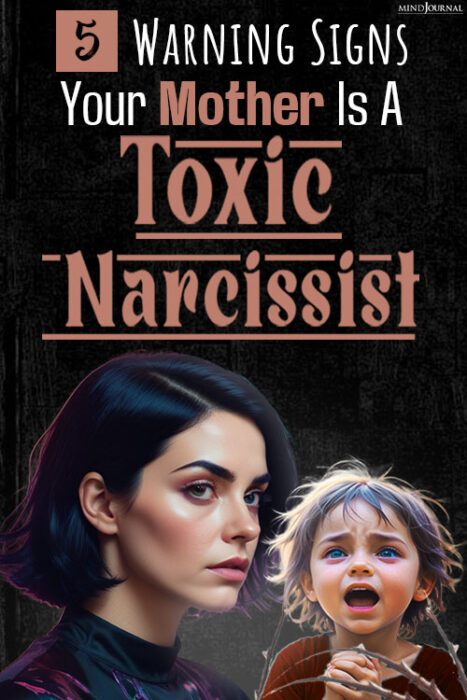Do you want to support your mom but have noticed a few signs of a narcissistic mother in her? Below are the signs your mother is a narcissist, and these will help you to take charge of your well-being!
While it may be challenging for you to see the signs, these common red flags indicate that you might have a narcissistic mother.
Were you raised by a narcissistic mother? If you’re like a lot of adult children of narcissistic mothers, you may have only recently realized that you were.
See, just like you can be married to a narcissist for 20 years and not realize that you’re dealing with narcissistic abuse in a toxic relationship, many children raised by a narcissistic mother don’t realize what they’re experiencing until they become adults.
They would, however, pick up that their mothers seem somehow different from their friends’ mothers. They might recognize that their mothers don’t seem to care about them and are extremely hard on them. Or, they’ll notice that their mothers make them feel invisible.
Maybe they’ll recognize that they don’t feel important, or that their mother played them against their siblings. In some cases, they may even feel like they need to achieve whatever dream their mothers have for them (or wish to live vicariously through them).
Any of that sound familiar? If so, you might have been raised by a narcissistic mother.
5 Signs Your Mother Is A Narcissist
Not sure? Let’s go over 5 signs that do confirm that you were raised by a narcissistic mother.
1. Your Mom’s a Control Freak

If you were raised by a narcissistic mother, you might struggle to make decisions alone. That’s because you grew up with a mom who did what she could to control your every move.
She controlled the direction you went in life, she controlled you to the point that you never wanted to even think of moving to another city once you were ready to spread your wings. She controlled everything you did. You may have felt resentful or you may have felt overly obligated, depending on her method of control.
Related: 13 Signs Of A Control Freak and How To Stop Being One
2. Your Mom Makes Everything All About Her
You may have noticed that when you were struggling in school or had an issue with friends and tried talking to your mother about it, she would always somehow make it about her in one way or another. And as you’ve gotten older, she most likely continues to do this.
For example, when you got married, she might have overshadowed your wedding with her own drama. Or, when you had kids, she may have forced her input into everything from their names to which school they’d attend. It’s always about her, all the time.
3. Your Mom Loses Her Temper and Blames You for Everything
Narcissistic mothers nearly always have a tendency to lose their temper easily. You already know this is an understatement if you grew up with a toxic female parent – and you would have dealt with that type of thing far too often for your taste. If anything went wrong, she found a way to make it your fault.
And when you had the nerve to deny that you had caused the problem, your narcissistic mother would go ballistic on you, blaming you without even considering the possibility that you could be innocent.
This would be especially true if she was actually the person to blame. For instance, if someone did not receive an important document that she sent, she might blame you for it – even if it makes no logical sense.
She might say something like, “Well, maybe if you hadn’t distracted me while I was mailing the letter, it would’ve got where I tried to send it,” or something equally senseless. Narcissists in general are really bad at accepting responsibility for their own mistakes.
4. Your Mom Made You a Servant…Or Smothered You Into Helplessness
Your narcissistic mother was nothing if not extreme. And in this case, the extremes were clear: she either treated you like a servant, or she did literally everything for you and used that to make you feel obligated to her (not to mention helpless as an adult). Which way she went would depend on her particular “brand” of narcissism.
If she was more of a controlling, helicopter parent, she probably did everything for you (and lived vicariously through you).
But if she were less focused on her role as “Mother” and more focused on … well, anything or anyone outside of that, then she was more likely to make you her personal servant. For example, you might have learned to make her favorite martini at a very young age.
5. Your Mom Compared You to Other Kids
“Why can’t you be more like (insert kid’s name here:?” Whether she was comparing you to a sibling or a friend, a narcissistic mother is always messing with your self-esteem and refusing to give you even the most basic form of validation. One of her favorite ways to do this is by comparing you to others.
For example, if your brother always got better grades than you did, this would be thrown in your face often. You’d be called lazy and made to feel not good enough, at the very least – and that’s if you weren’t also excessively grounded or otherwise punished by your mother.
And chances are that if you are the adult child of a narcissistic mother, you’ve been compared to others for your whole life. Your mother may even have sort of “adopted” other people your age who she openly preferred to you – literally making you feel somehow replaced.
Related: How Toxic Family Dynamics Can Cause C-PTSD In Emotionally Intense Children
Having a narcissistic mother will have a long-lasting impact on you. Not only does it leave you feeling lost, unloved, and unwanted, but the chances of finding a partner just like her increase significantly (and what I see often is that you end up with someone who seems to be the polar opposite of her, but who actually end up being a different type of narcissist.
In this video, I’ll give you more detail on what you can do if you are struggling to heal after dealing with a toxic mother.
Written By Angie Atkinson Originally Appeared On Queen Beeing Republished with permission
Frequently Asked Questions (FAQs)
How to set boundaries with narcissistic mother?
When you feel that the relationship with your narcissistic mother is not healthy, learn to ignore negative comments. Don’t explain or defend yourself, just leave.
What are the things covert narcissists say in an argument?
Some of the common covert narcissistic mother traits while arguing could be saying, “It is your fault“, “don’t be so sensitive“, “Why are you so defensive?’, “It’s not a big deal“, etc.
Are children of narcissist parents at risk of becoming narcissists themselves?
Children absorb the behavior and traits of their parents, so, yes it is true that children of narcissistic parents are at a higher risk for becoming narcissists themselves.
What is the difference between a covert narcissist and a dark empath?
A dark empath has trouble with empathy and only use cognitive empathy for personal gain but unlike typical narcissists, they don’t drain humans off their energy.













Leave a Reply
You must be logged in to post a comment.